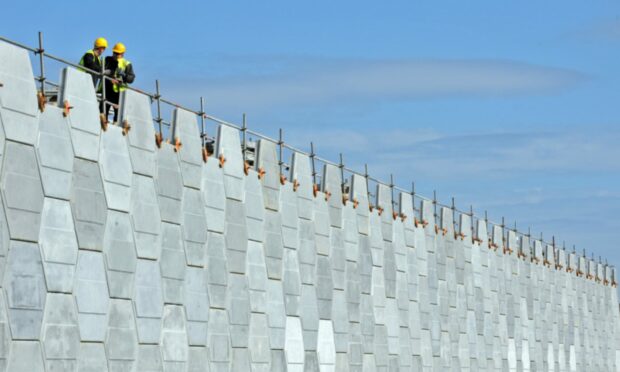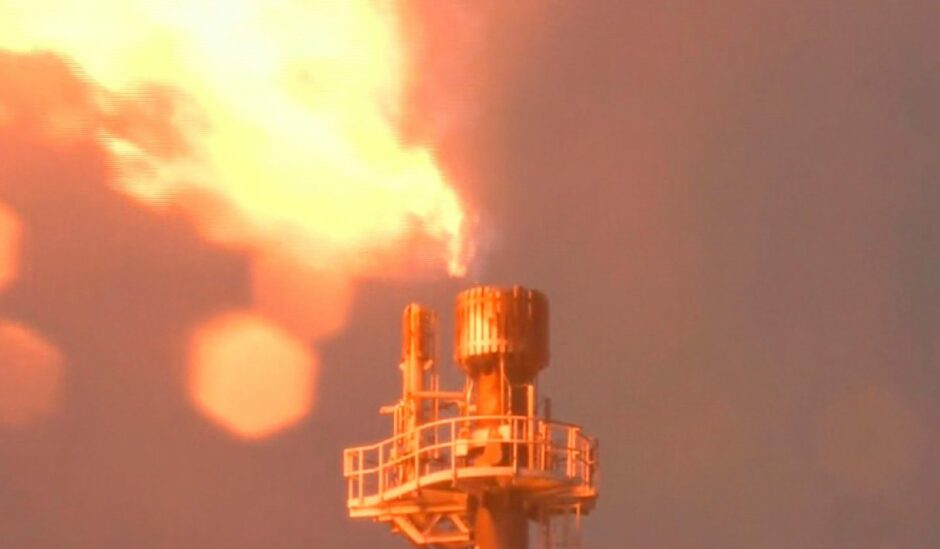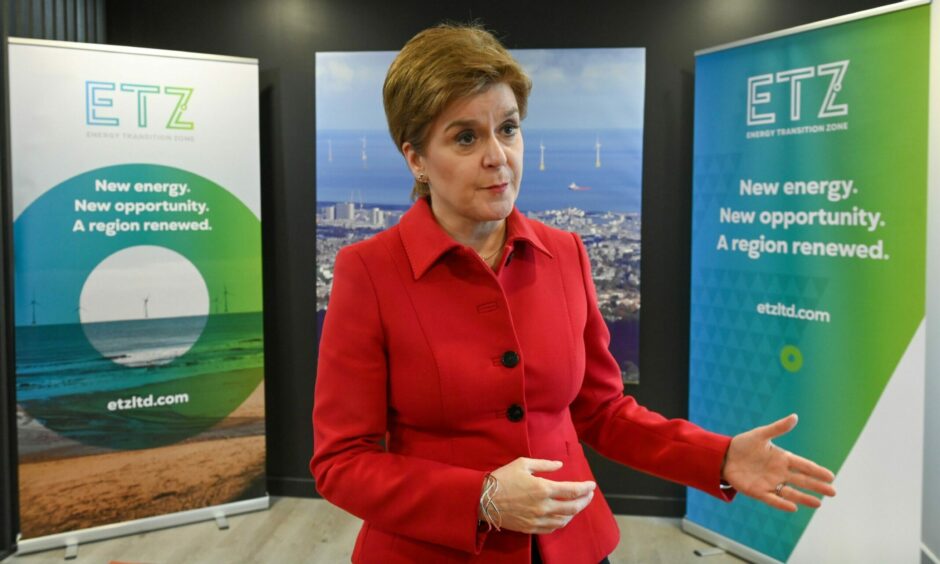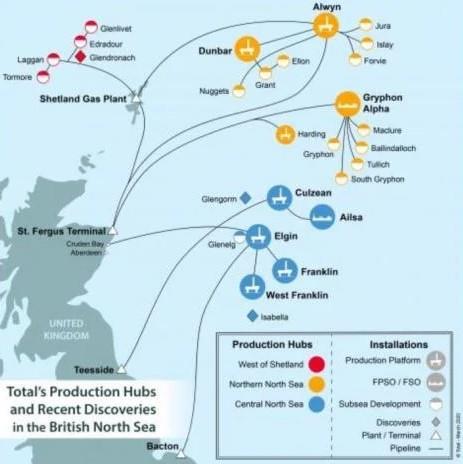French oil and gas firm TotalEnergies has said it condemns Russia for its “military aggression against Ukraine” but has stopped short of following fellow supermajors BP and Shell in breaking ties with companies based there.
TotalEnergies, which is one of the biggest operators in the UK North Sea, said it will not provide capital for new projects in Russia.
However, the oil major has not confirmed whether it will divest its near-20% stake in Novatek, Russia’s second-largest gas producer.
Novatek is a private company, not state-run, but reputedly has close ties to the Kremlin via board member and Putin ally, Gennady Timchenko.
Big oil hits back at Russia aggression
The energy company’s stance comes after BP announced it would walk away from its investments in Russia’s state-owned oil firm Rosneft, racking up a near £19 billion hit.
Shell followed suit 24 hours later, announcing it would divest interests with Russia’s Gazprom, including a stake in the controversial Nord Stream 2 pipeline to Germany.
Politicians both sides of the border have added to pressure on investors, including First Minister Nicola Sturgeon and UK business minister Kwasi Kwarteng who urged companies to drop involvement in Russian ventures as its invasion of Ukraine worsened.
French Finance Minister Bruno Le Maire had said he would be holding discussions with the heads of TotalEnergies and energy company Engie about their business interests in Russia.
“I believe there is a question of principle in working with any political or financial person close to Russian power,” Le Maire told France Info radio.
Russia constituted 24% of TotalEnergies proven reserves and 17% of its oil and gas production in 2020.
Total North Sea
TotalEnergies has stakes in several areas in the North Sea including Alwyn/Dunbar, the Elgin/Franklin and Culzean fields and the Laggan-Tormore hub West of Shetland including the Shetland Gas Plant.
In a statement, the French firm said: “TotalEnergies condemns Russia’s military aggression against Ukraine, which has tragic consequences for the population and threatens Europe.
“TotalEnergies expresses its solidarity with the Ukrainian people who are suffering the consequences and with the Russian people who will also suffer the consequences.”
It added that the French oil giant is “mobilised to provide fuel to the Ukrainian authorities and aid to Ukrainian refugees in Europe”.
🇺🇦 @TotalEnergies condemns Russia's military aggression against #Ukraine. We support the scope & strength of the #sanctions put in place by Europe and will implement them regardless of the consequences (currently being assessed) on our activities in Russia. https://t.co/y3xN2fMwOs
— Patrick Pouyanné (@PPouyanne) March 1, 2022
Analysis: Sanctions risk self-harm
Stuart Lamont, investment manager at wealth manager Brewin Dolphin, said: “The biggest direct impact that could potentially come from this crisis relates to commodities.
“Russia produces 6.1% of the world’s aluminium and 11% of its wheat – although, it’s Russia’s oil and natural gas exports that are the biggest concern.
“So far, Western governments have not sanctioned these sectors, as it would involve a lot of self-harm.
“However, the risk that sanctions are applied in the future cannot be entirely discounted.
“It is not obvious that we are heading down this path yet, but if Russian energy and other commodities were to be sanctioned, it would make a bad inflation problem worse, weigh on growth, and could have a negative impact on risk assets.
“As for the oil majors, BP will likely face a significant impact with up to $25 billion written down at the next quarterly results in May.
“Finding a buyer for its stake in Rosneft will be very tough and there is the further risk of expropriation.
“The BP share price has fallen more than 10% since the start of the crisis, underperforming peers such as Shell.
“Total has followed suit by saying it will not commit new capital to projects in Russia, while Shell has announced plans to exit joint ventures in the country.
“It seems likely others will do the same, but – as is reportedly the case with Abrdn’s relatively small holding in Rosneft – they may find it difficult to identify interested parties.”



